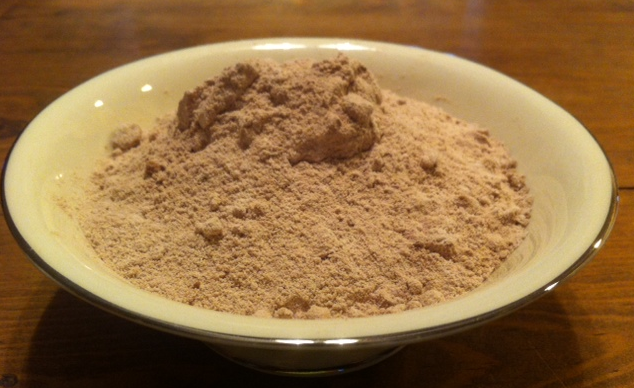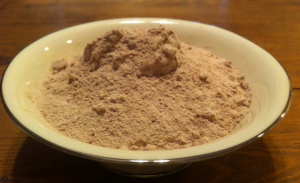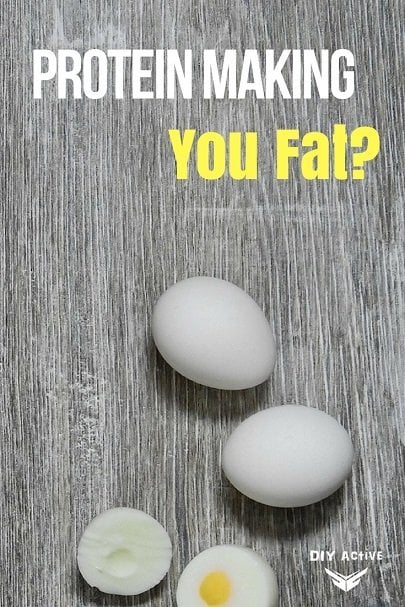
How much protein are you consuming?
You’re doing all the right things; exercising, proper nutrition, supplementing with three protein shakes a day, but you aren’t losing weight.
Well one of the culprits could be you are consuming an excessive amount of protein. Let’s dive into this topic.
 I love supplementing protein into my diet, I do it daily. Not only is it an essential building block of muscle, it repairs muscle after strenuous workouts, and it’s also essential for manufacturing hormones (AFAA PFT: Theory and Practice 2010).
I love supplementing protein into my diet, I do it daily. Not only is it an essential building block of muscle, it repairs muscle after strenuous workouts, and it’s also essential for manufacturing hormones (AFAA PFT: Theory and Practice 2010).
We definitely need the stuff, some more than others, depending on your activity level. But can we get too much of a good thing? Why don’t we take a look at the health effects of consuming too much?
Adverse Health Affects
Let’s get the bad information out of the way. The consumption of too much can have some adverse health effects (American Heart Association 2012). For one, the consumption of protein is usually achieved in the average American through one of two routes: protein shakes/bars or meat.

By consuming most of your protein via meat, you can actually increase your cholesterol levels because the meat is more than likely your main source of saturated fats which can cause heart problems (American Heart Association 2012).
That being said, the quality of meat consumed determines how good/bad it is for you. Processed meats (hotdogs) are not nearly as healthy as red meat (grass-fed beef steak). In fact, unlike red meat, consumption of processed meats has been linked to heart disease (Micha et al 2010).
Quality matters!
It’s also known that high intake can have adverse effects on the kidneys and even the liver (edit: this is mostly for people with preexisting conditions), decreasing their efficiency (AFAA PFT: Theory and Practice 2010).
This decrease in efficiency can lead to dehydration and diarrhea (no thanks). If you are supplementing protein make sure to increase your water intake as well to help them work as efficiently as possible.
Lastly, the one you all are more than likely worried about is weight increase. Like other macronutrients, it is essentially made up of calories (DUH). There are 4 calories per 1 gram of protein (AFAA PFT: Theory and Practice 2010).
So if you are consuming more than your body can handle it is more likely to be turned to fat than muscle; talk about raining on a person’s parade!
 How much is needed?
How much is needed?
Enough of the dark side. We need the stuff especially at breakfast (a recent study by the University of Missouri – Columbia indicates a high-protein breakfast can reduce your morning appetite), and more than likely if you are having side-effects, like the ones listed above, then you are consuming way too much of it.
We really need it in our diet, but to a certain extent that our bodies can process and turn it into muscles or hormones, not love handles.
For the average person, the Institute of Medicine of the National Academies recommends we consume 0.8g protein per kg of bodyweight. Basically, that converts to 0.36g protein per pound of bodyweight. For example, a 170 pound male is recommended to consume 61.2g protein per day [170lb * 0.36 = 61.2g].
Most of this can be consumed through your normal diet, considering veggies have protein in them along with the meats you consume.
If you are still worried you aren’t getting enough protein, you can supplement with whey protein shakes (you probably only need one)!
Now, if you are a weight lifter or high-intensity athlete (or a vegan for that matter), you may need to consume more than the recommended amount. Serious athletes and weight lifters need more protein because during their intense workouts there are microscopic tears of the muscle fibers.
These tears take protein to repair, and it aides in muscles growth, and it is needed to maintain their leaner physical physique (AFAA PFT: Theory and Practice 2010).
It has been recommended for these types of athletes to consume anywhere from 1.2g/kg body weight to 1.7g/kg bodyweight (ACSM, ADA, Dietitians of Canada; joint recommendations). Translation: take your body weight in pounds and multiply it by 0.45 to convert to kilograms.
Then multiply by the amount you think you need. Let us take for example a 120lb female who needs 1.2g/kg per day; [120lb * 0.45] = 54kg. Then take [54kg * 1.2g/kg] = 64.8g of protein per day.
Wrap-Up
Do we personally think supplementing protein into your diet is really adding pounds to the majority of people reading this? No we don’t.
I feel as if we have more important things to worry about like sweets, trans fats, and Doritos. It is just something to be aware of if you are really trying to watch your weight.
Don’t get too hung up on it.
If you are making the conscious effort to watch your nutrition, exercise regularly, and supplementing with protein, you are far ahead of the majority of the population! Keep it up!
References
American Heart Association (2012) High-protein diets. Retrieved Nov. 20, 2013. http://www.heart.org/HEARTORG/GettingHealthy/NutritionCenter/High-Protein-Diets_UCM_305989_Article.jsp.
Micha R, Wallace SK, Mozaffarian D (2010) Red and processed meat consumption and risk of incident coronary heart disease, stroke, and diabetes mellitus: a systematic review and meta-analysis. Circulation 121(21):2271-2283.
Yoke M (2010) AFAA Personal Fitness Trainer: Theory and Practice; Second Edition ed. Gladwin LA. California.
- Post-Workout Meal: Getting the Most from Your Workout - January 22, 2024
- 6 Ab Exercises To Blast Your Core - December 17, 2023
- 10 Office Exercises You Can Do To Burn Calories - November 19, 2023



